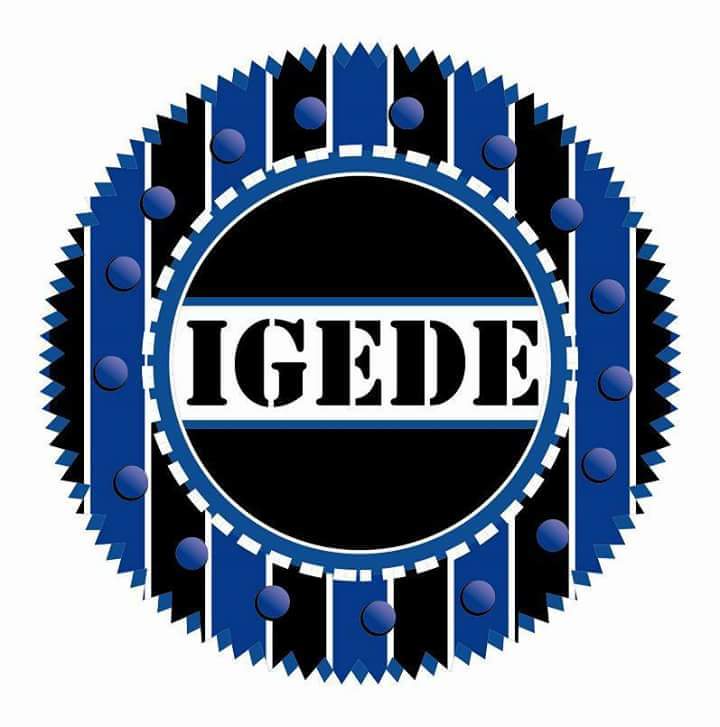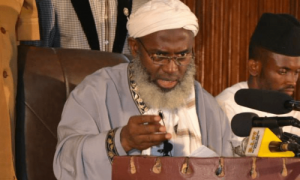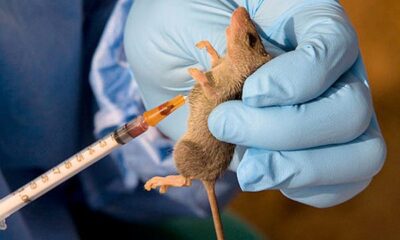Latest News
Effect of poverty on Igede child education and the way out

By Hon. Victor Uhana
Some recent studies by UNICEF point to the fact that in Nigeria the poverty rate is close to 60%, meaning 2 in every 3 Nigerians live at or below the poverty level.
Furthermore, 50% of children raised in poverty in the country do not finish school.
The effect of poverty on children education is complex and causes a range of diverse problems for school children and their families.
Although, the economy of Nigeria is showing signs of improvement, poverty remains a serious issue in many states particularly in Benue state where non or irregular payment of workers salaries constitute the bane of parents. This is despite the fact that the Benue state is civil service driven.
As it is, Igede (Oju and Obi) has one of the highest rate of children poverty in the whole of Benue state, perhaps due to their minority status in the state in which they constitute the third largest populated ethnic group, if National Population Census demography is anything to go by.
Children born or raised in poverty face a number of disadvantages, most evidently in education. Poverty reduces a child readiness for school because it leads to poor physical health and skills, it diminishes a child’s ability to concentrate and remember information, and reduces attentiveness, curiosity and motivation.
One of the most severe effects of poverty as has been observed is that poor children enter school with this readiness gap, and it grows as they get older.
Children feel alienated from society, suffer insecurities because of their poor socio-economic status, endure feelings of powerlessness, and are angry at society’s inability to aid in their struggles.
Children from poverty stricken homes are at high risk of dropping out of school. This has been the major problem of many Igede children who drop out of school into child labour in cocoa plantations in Yoruba farms in the South West.
Either this or they dropout due to lack of money to pay school or WAEC/NECO registration fees, take to sex work and house help jobs in cities like Lagos, Abuja and Port Harcourt.
Those of them who manage to complete Secondary School are less likely to attend high college or University.
However, I wish to advise that children from poor home can be encouraged to participate in sporting activities. It can be one way of finding solace and succor for the poverty stricken children in our land.
It is against such backdrop that, I out of magnanimity donated a trophy in 2011 to encourage Igede youth to get involved in Sport. The title of the trophy is Victor’s Cup and school children can find out the details of the competition and all its prizes and participate in it. It will go along way to help.
Adults who are within the age bracket to get involved in politics are advised to do so. They can either stand for election or support right or credible candidates to win election to address the level of poverty in the land.
Nevertheless, government should try to pay workers salaries promptly and create job opportunities for the teeming population of Nigerians.
More viable poverty alleviation opportunities aside the National social investment scheme should be created to stem the rate of poverty to help improve the propensity of the child for eduction.
Finally, School children can also embark on self-help activities like taking part time jobs during holidays to reduce poverty. This is recommended for the post primary school children who are from abject homes.
★Being a text of a paper to be delivered by Hon.Victor Uhana on the occasion of the donation of learning/teaching aids (computers/white boards) to Ukpa Community Secondary School by Chief Big Joe Onah.
★Hon. Victor Uhana is a former Benue State House of Assembly aspirant, for Oju 1 state constituency.























